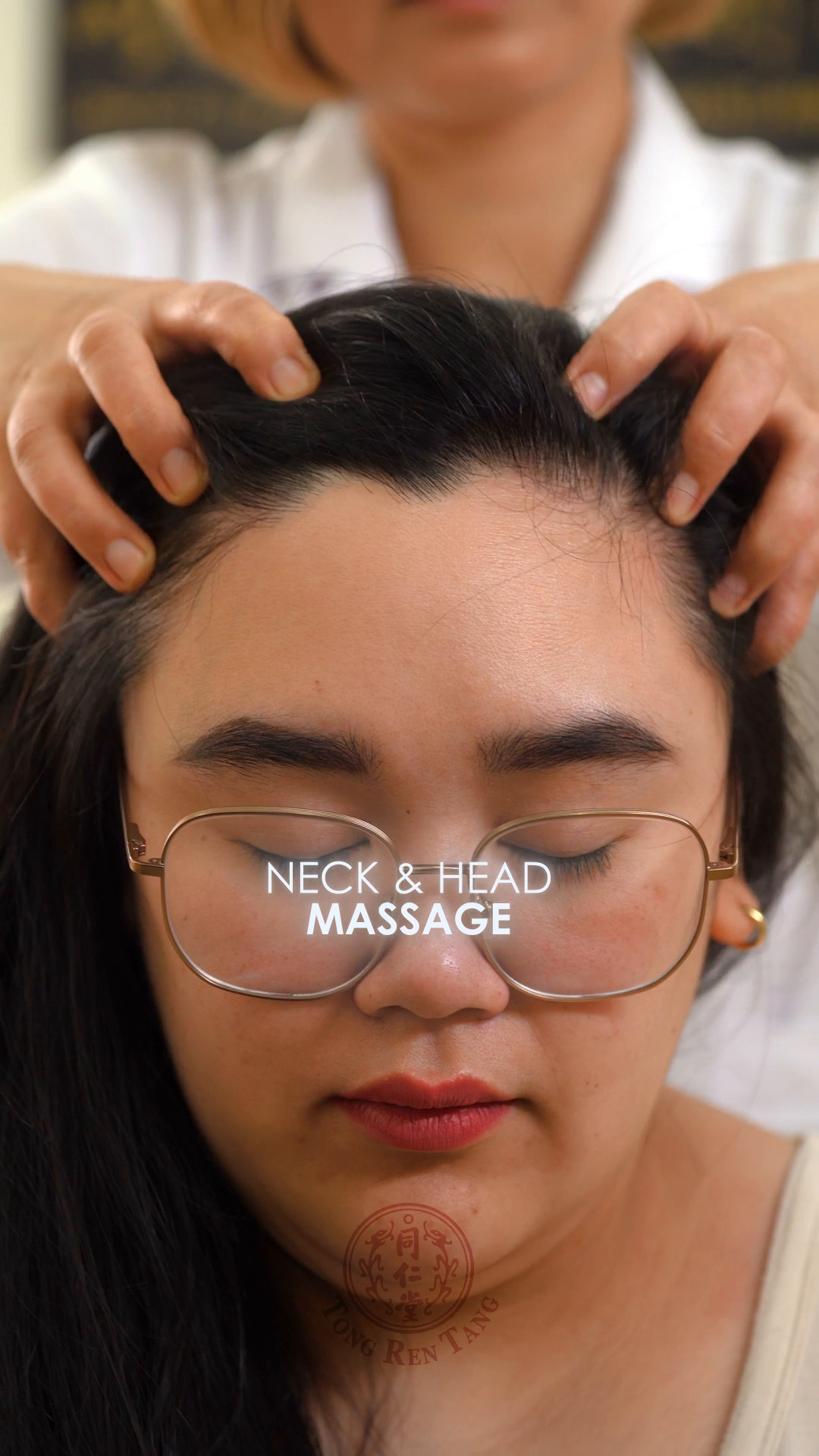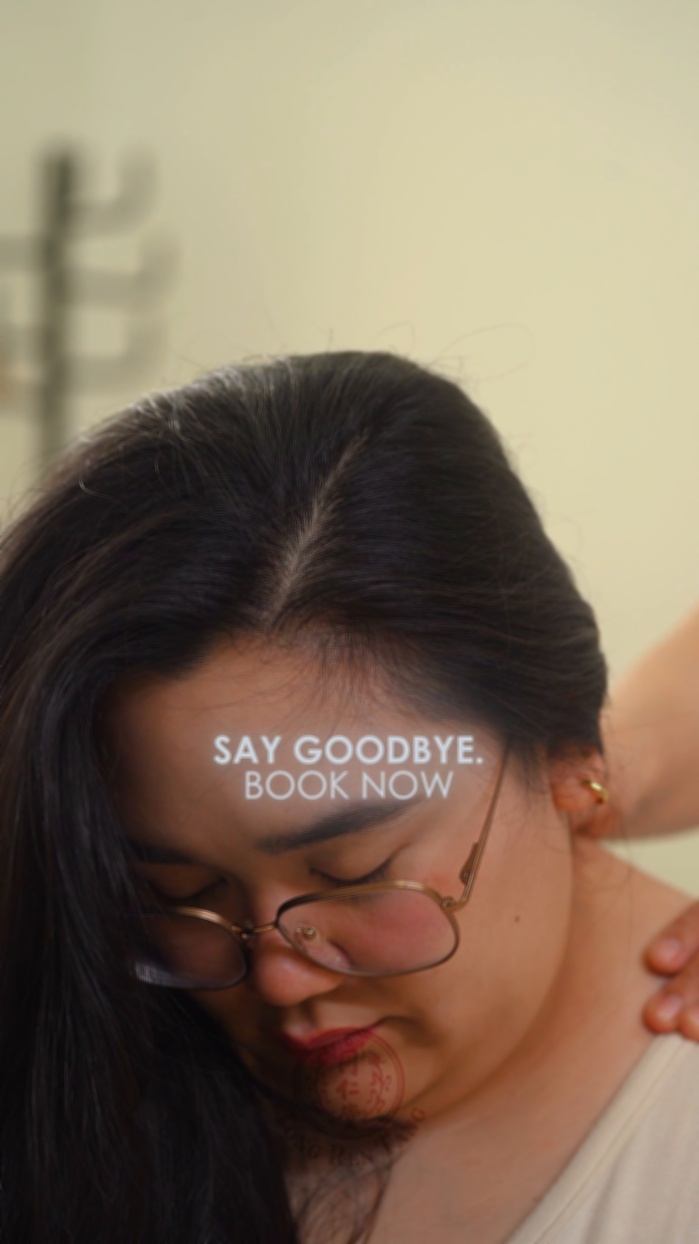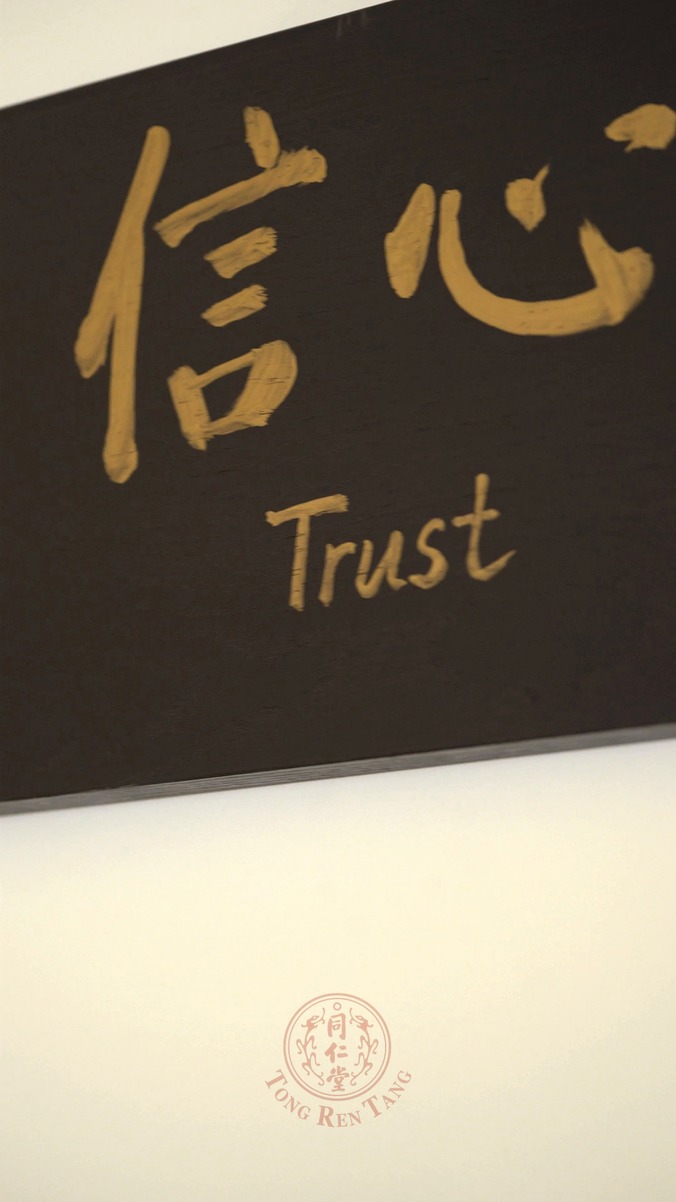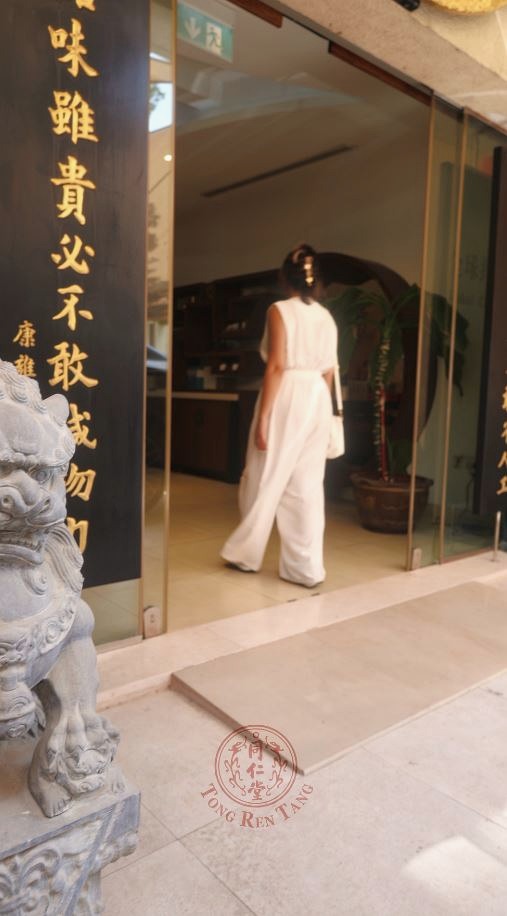Traditional Chinese Medicine’s Approach to Migraines
Traditional Chinese Medicine (TCM) offers a holistic approach to treating migraines by addressing the underlying causes rather than just alleviating the symptoms. In TCM, headaches are often seen as a manifestation of imbalances in the body, such as Qi stagnation or deficiencies in blood or Yin. By pinpointing these imbalances, practitioners can develop an individualized treatment plan that targets the root cause of the migraine. Acupuncture, a cornerstone of TCM, plays a critical role in this process. By inserting fine needles into specific points on the body, acupuncture helps to restore the flow of Qi and improve circulation. This not only helps to relieve pain but also promotes overall balance within the body. Many patients report significant reductions in the frequency and intensity of their migraines after undergoing acupuncture treatments. Herbal medicine is another essential component of TCM for migraine management. Customized herbal formulas are designed to nourish the body and alleviate specific symptoms. For instance, herbs such as chrysanthemum and peony may be included to help clear heat and calm the liver, which are common contributors to headache pain. The combination of acupuncture and herbal therapies allows for a comprehensive approach to migraine relief.

The Science Behind Acupuncture and Pain Relief
Research supports the efficacy of acupuncture in treating migraines. Studies have shown that acupuncture can stimulate the release of endorphins, the body’s natural painkillers, thereby reducing the perception of pain. Additionally, acupuncture has been found to modulate neurotransmitter levels and improve blood flow, which contributes to its ability to alleviate headache symptoms. Moreover, acupuncture does not come without side effects. Unlike many pharmaceutical options available for migraines, acupuncture is generally well-tolerated and can be used in conjunction with other treatments. This makes it an attractive option for those seeking a more natural approach to managing their migraines without the risk of medication overuse or adverse reactions. Patients often notice improvements not just in their headaches but also in their overall well-being. Many report better sleep patterns, reduced stress levels, and increased energy. This holistic benefit is one of the reasons why TCM is gaining popularity as an alternative treatment for chronic pain conditions like migraines.
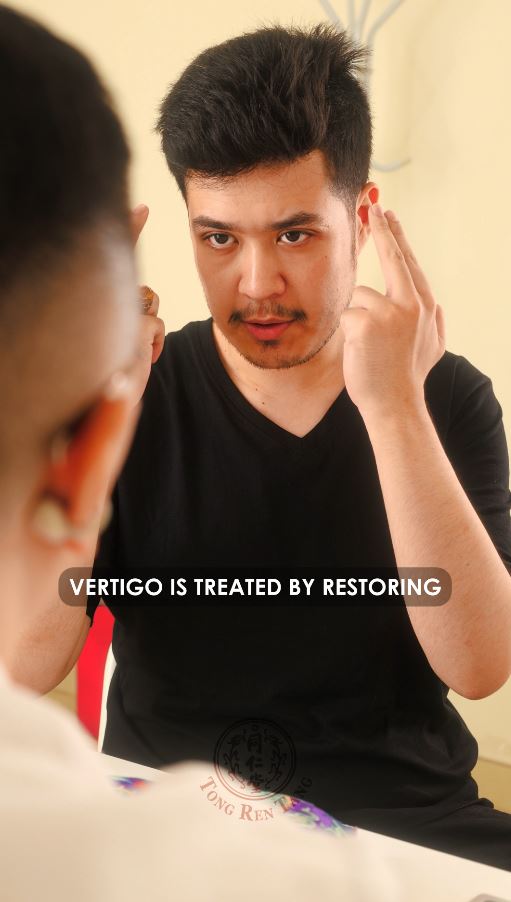
Integrating Lifestyle Changes with TCM Practices
While acupuncture and herbal remedies are effective, TCM emphasizes the importance of lifestyle changes in managing migraines. Dietary adjustments, such as avoiding trigger foods and incorporating more nourishing ingredients, can significantly impact headache frequency. Foods rich in omega-3 fatty acids, for example, have anti-inflammatory properties that may help reduce migraine attacks. Additionally, practices like Tai Chi and Qi Gong are encouraged to promote relaxation and improve mental clarity. These gentle exercises not only enhance physical health but also provide tools for managing stress, a common trigger for migraines. By integrating these practices into daily life, individuals can create a more robust foundation for their health and well-being. Lastly, maintaining a balanced lifestyle, including regular sleep patterns and proper hydration, is vital in preventing migraines. TCM practitioners often work with patients to develop personalized plans that incorporate these elements, ensuring a comprehensive approach to migraine management that addresses both the symptoms and the underlying causes.

Ready to Regain Your Health Naturally?
At Beijing Tong Ren Tang Clinic in Dubai, our licensed TCM practitioners specialize in personalized care that treats the root cause of vertigo. Book your consultation today and take your first step toward lasting balance and relief. Visit us: www.trtgulf.com or call us at 800826

